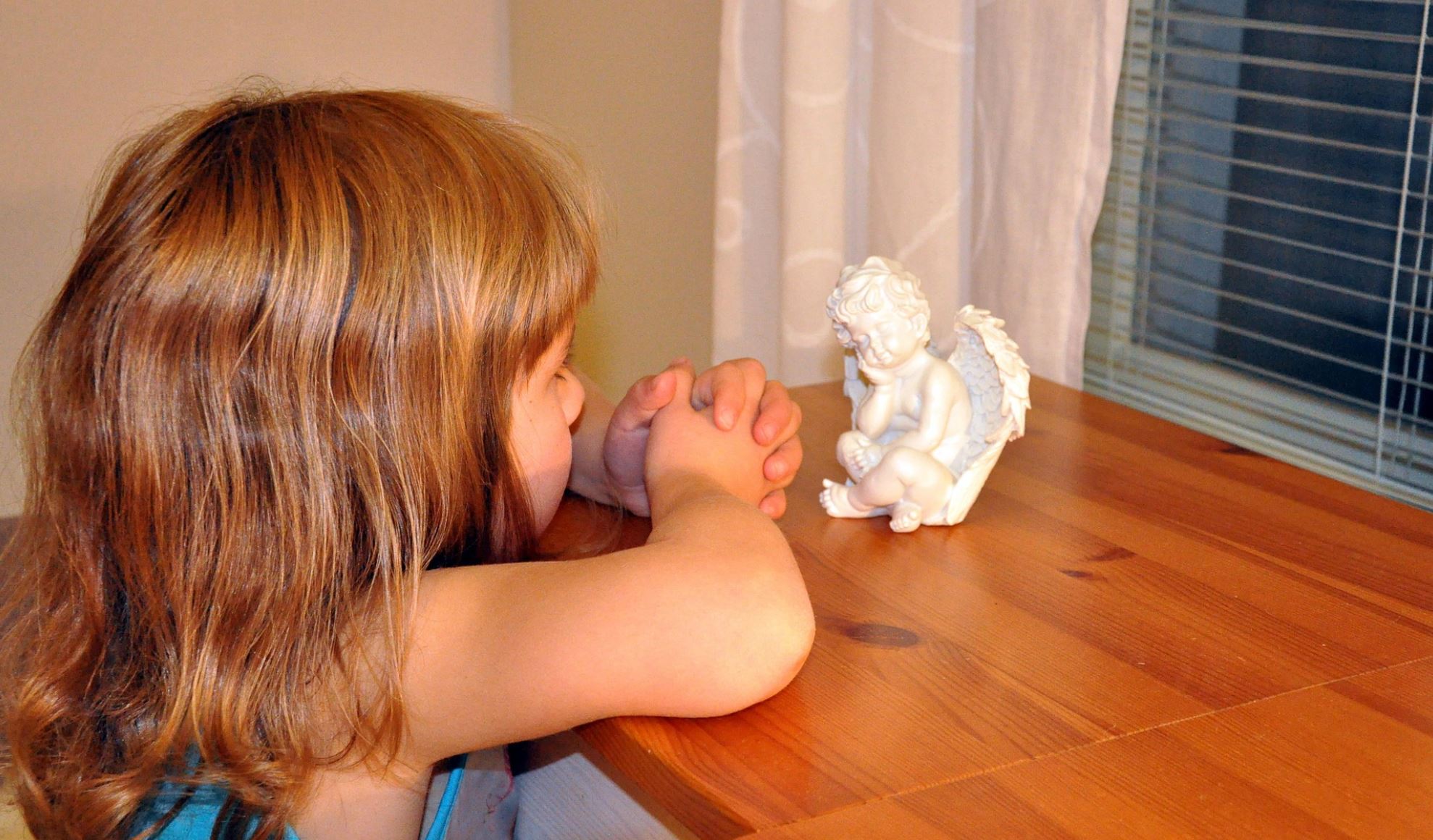
A family that prays together, stays together; it’s an enduring maxim, but what if a child no longer wishes to pray?
This poses a delicate legal question, examined by Flinders University law lecturer Dr Esther Erlings in a new book that analyses the law related to situations where parents force their children to manifest the parental religion.
“Religious Rights within the Family: From Coerced Manifestation to Dispute Resolution in France, England and Hong Kong,” published by Routledge, highlights that despite general belief, the human rights regime does not grant parents a right to impose manifestations of their religion on their children, although they remain free to raise children in the parental religion where the child does not object.
Dr Erlings believes coerced manifestations represent a limitation on children’s international human right to freedom of manifestation, based on national laws that give parents rights at the domestic level under principles such as parental responsibility.
The book focuses on two aspects of a State’s positive obligations – to provide a regulatory framework that can protect children’s right to freedom of manifestation, and to provide access to remedies.
Dr Erlings notes that the effectiveness of both depends on the way States balance power between parents and children at a national level, as well as the extent to which the law and remedies support the family, rather than exacerbate conflict.
“It is argued that remedies should consist of access to a family-friendly infrastructure for dispute resolution available to parents and children in conflict over religious manifestation,” says Dr Erlings.
The book presents three case studies and social research of jurisdictions that offer different perspectives under the principles of parental authority (France), parental responsibility (England) and parental rights (Hong Kong).
While the text does not point to specific Australian situations, Dr Erlings points out that Australian law reflects the English law on parental responsibility, and that similar considerations apply.
The book’s exploration of parent-child mediation as a means of inter-family dispute resolution is now being framed by Dr Erlings in an Australian context, with her latest research examining children’s capacity to mediation.
“I am currently trying to find family mediators willing to talk about the topic,” says Dr Erlings, who hopes to complete her research by the end of 2019.

